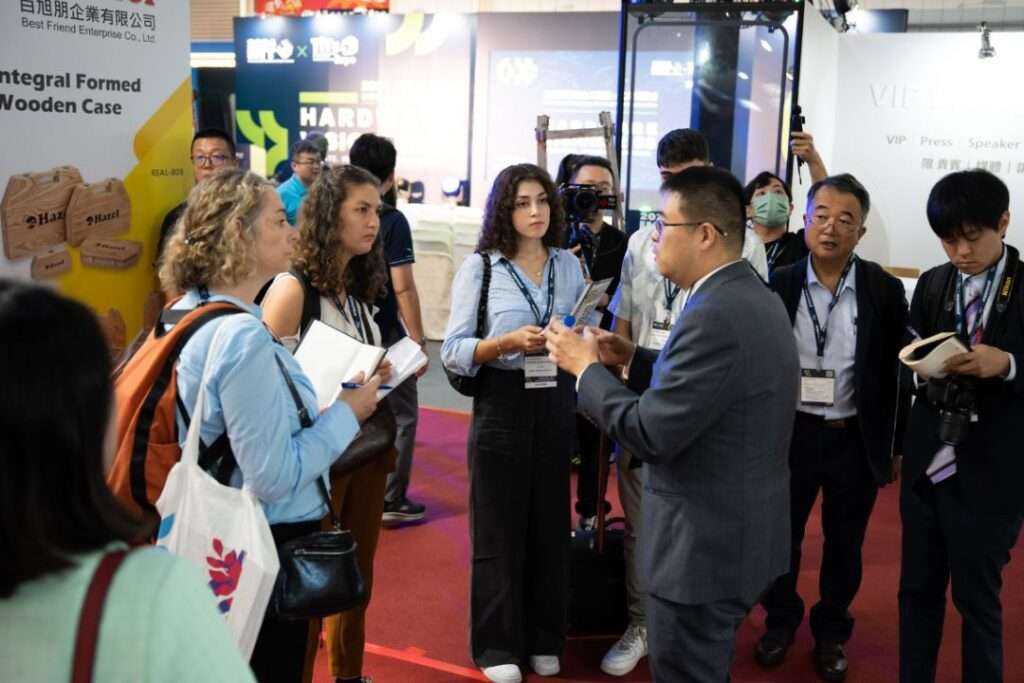The European Union (EU) and Serbia have signed a deal to develop lithium supplies, a key material for green energy. This agreement aims to use Serbia’s lithium resources to produce lithium batteries, important for electric vehicles.
The deal was signed at a “critical raw materials summit” in Belgrade. This comes after Serbia’s government reapproved a lithium mining project that had been on hold for two years due to protests. Serbia has large lithium deposits near Loznica, where Rio Tinto, a mining company, is developing a project.
Serbian President Aleksandar Vucic said the project would ensure full environmental protection and involve top European experts. German Chancellor Olaf Scholz and European Commission Vice-President Maros Sefcovic attended the summit, supporting the deal. Scholz stated that this agreement would help Europe stay independent and strong in the global market.
The EU wants to increase lithium and battery production in Europe to reduce reliance on China. Recently, Serbia reinstated Rio Tinto’s mining licenses, which were previously revoked due to environmental protests. The constitutional court ruled that the cancellations were unconstitutional, allowing the project to resume.
Vucic emphasized environmental protection and mentioned that the Loznica mine could produce 58,000 tonnes of lithium annually, enough for 1.1 million electric vehicle batteries. He also mentioned ongoing talks with European automakers like Mercedes, Volkswagen, and Stellantis. For now, Serbia’s lithium will be sold only to European partners, despite interest from Chinese companies.
Germany’s auto industry association praised the deal for its role in achieving climate goals. However, some opponents worry about the mine’s environmental and health impacts. Protestors criticized the deal, arguing that Serbia is taking environmental risks for the EU’s green economy.
Vucic suggested that lithium mining in Serbia could start as early as 2028 and emphasized the importance of producing batteries or component parts in Serbia. This could lead to significant technological advancements and job creation in the country.
Serbia has been a candidate to join the EU since 2012, but its membership prospects are uncertain without improved relations with Kosovo. The European Commission expressed support for Serbia joining the EU.








